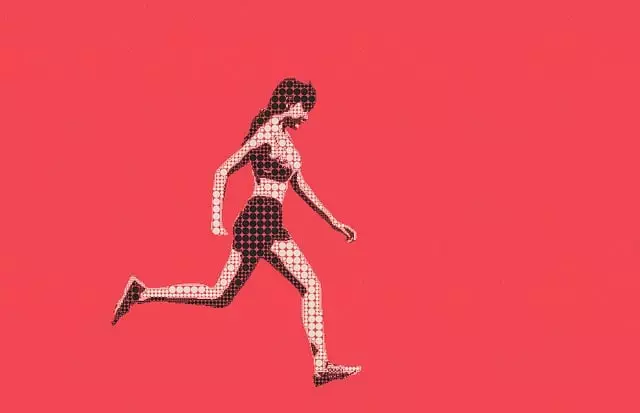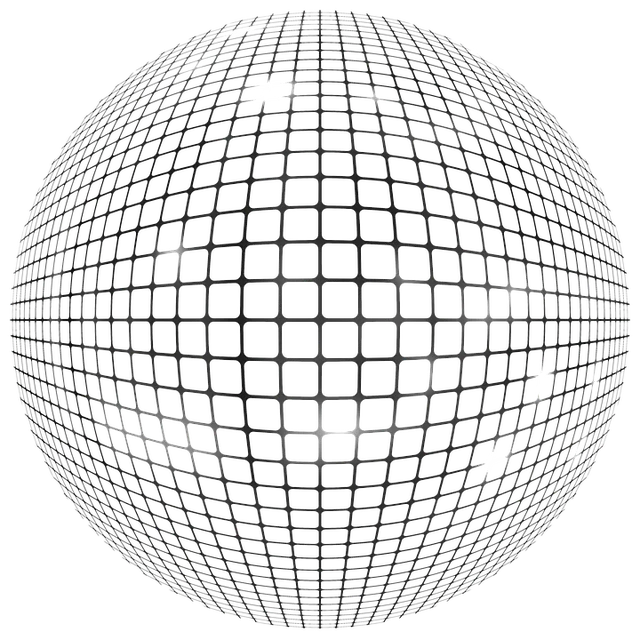Our bodies' natural 24-hour clock, circadian rhythms, regulates sleep and various physiological processes. Disruptions caused by bright lights at night or irregular schedules can lead to insomnia. Kratom, a natural herb with calming properties, is being explored as a potential insomnia treatment with kratom as it helps restore balance to disrupted circadian rhythms. By supporting this internal clock, kratom may promote healthy sleep patterns and overall well-being.
Our bodies operate on an internal clock known as the circadian rhythm, which regulates sleep-wake cycles and overall health. Insomnia disrupts this delicate balance, leading to chronic sleep debt with potential long-term consequences. This article explores the science behind circadian rhythms, delves into the impact of insomnia on this natural rhythm, and examines kratom as a potential tool for regulating sleep in insomnia treatment. By understanding these aspects, we can gain insights into managing our sleep health effectively.
- Understanding Circadian Rhythms: The Body's Internal Clock
- – Definition and role in sleep-wake cycles
- – Regulation factors: light, darkness, hormones, and genes
Understanding Circadian Rhythms: The Body's Internal Clock
Our bodies operate on a 24-hour internal clock known as circadian rhythms. These rhythmic patterns influence various physiological processes including sleep-wake cycles, hormone release, and body temperature. Maintaining healthy circadian rhythms is crucial for optimal health, affecting everything from cognitive function to immune response. Disruptions in these natural cycles, often caused by exposure to bright lights at night or irregular sleep schedules, can lead to conditions like insomnia. Insomnia treatment with kratom, a natural herb known for its calming effects, has gained attention as a potential way to restore balance to disrupted circadian rhythms. By helping to regulate sleep-wake cycles, kratom may offer relief for those struggling with persistent insomnia.
– Definition and role in sleep-wake cycles
The circadian rhythm is an internal process that regulates the sleep-wake cycle over a 24-hour period. This natural rhythm is influenced by external cues such as light and darkness, helping to synchronize our bodies’ physiological processes. It plays a pivotal role in maintaining healthy sleep patterns, ensuring we feel alert during the day and tired at night. Disruptions to this internal clock can lead to conditions like insomnia, highlighting the importance of understanding and regulating circadian rhythm for effective insomnia treatment with kratom and overall well-being.
– Regulation factors: light, darkness, hormones, and genes
The circadian rhythm, our body’s internal clock, is a complex system regulated by various factors. Light and darkness are primary regulators, with exposure to sunlight signaling to our bodies that it’s daytime, while darkness promotes melatonin production, signaling sleep. Hormones also play a significant role; cortisol, for instance, rises in the morning, preparing us for the day, while insulin-like growth factor (IGF) peaks at night, promoting cell regeneration and repair.
Genetic factors are equally important, with specific genes influencing the timing of our circadian rhythm. These include period genes, such as PER and CLOCK, which help maintain the 24-hour cycle. Understanding these regulatory mechanisms is crucial in developing strategies for insomnia treatment with kratom or other interventions, as disrupting the circadian rhythm can have significant impacts on sleep quality and overall health.
Circadian rhythms play a crucial role in our sleep-wake cycles and overall well-being. By understanding how light, darkness, hormones, and genes regulate these internal clocks, we can develop effective strategies for insomnia treatment. Insomnia treatment with kratom, for instance, has shown promise due to its natural ability to influence circadian rhythm regulation. Remember that maintaining a healthy lifestyle and addressing underlying factors are essential steps towards improving sleep quality and overall health.






